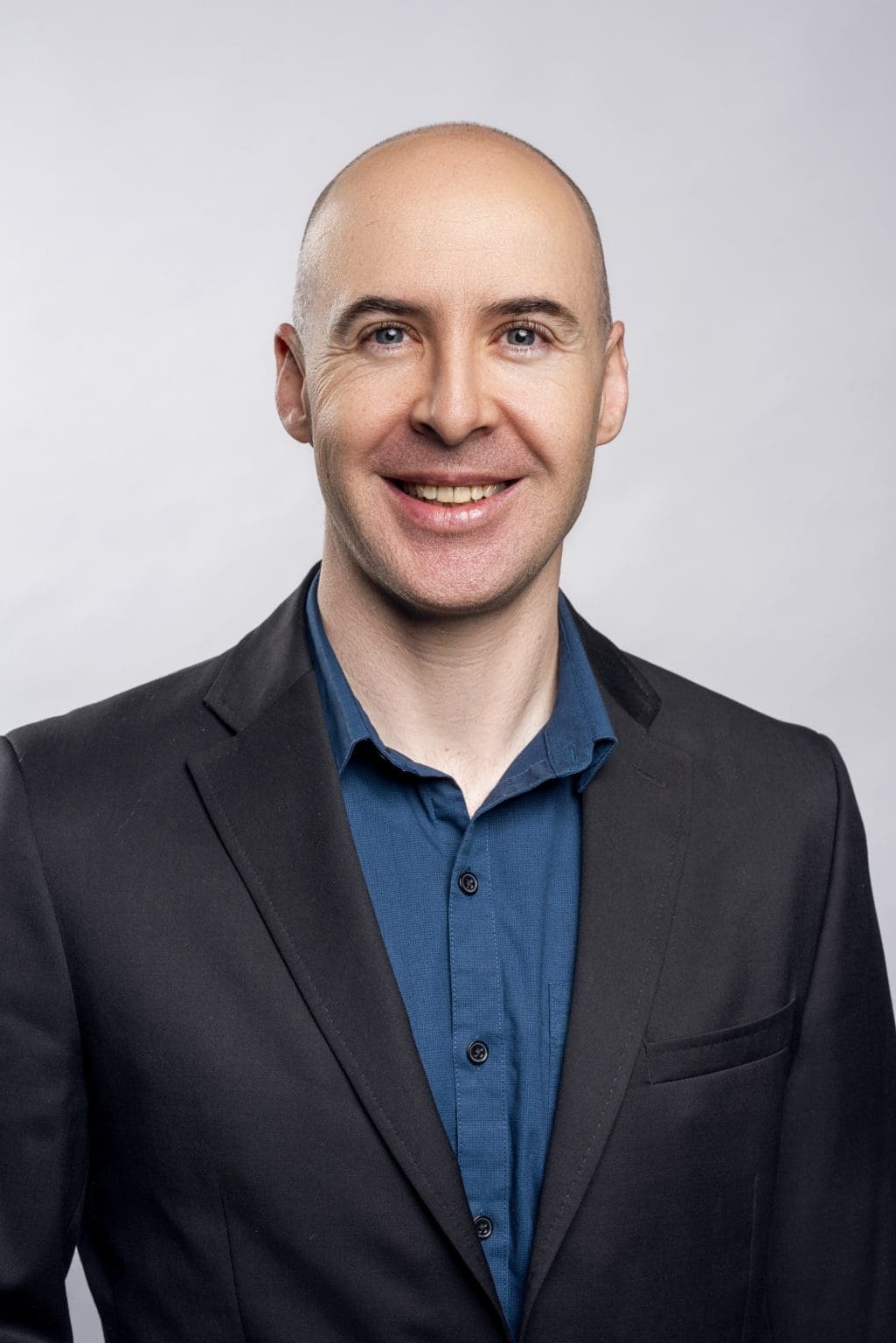Connectivity is more than just the Internet, it’s the blood that runs through the heart of growth and economic success in South Africa
According to the World Bank , digital inclusion is of critical importance, to the world and to those living in Africa. Expanding mobile broadband penetration by 10 percent in Africa would yield an increase of 2.5 percent in GDP per capita. The pace of connectivity is increasing, but this needs to be driven further and faster to ensure that poverty, inequality, and economic scarcity are overcome sustainably.
According to Hugo van Zyl, Managing Executive for Mobile Networks at Telkom, a lack of Internet access takes opportunity away, limiting entrepreneurship and the ability to create new business models and innovative solutions to pressing global challenges.
“There is a direct correlation between GDP and access to the Internet, and as the world economy changes, it has become critical that there is sustained investment into connectivity infrastructure,” he adds.
“We need to look to how this can be leveraged to improve public sector efficiencies, enhance access to education, improve social cohesion, and transform growth, as a country. South Africa didn’t sink under the weight of the pandemic, the country managed to adapt and change through strong support of communications networks, and now we have to take this further – achieve more.”
With many people working from home, others juggling hybrid workplaces, and education institutions looking for solutions that are both sustainable and capable, good connectivity isn’t a nice to have – it’s a right here, right now, do it right imperative. Without access to the Internet, all organisations would have ground to an unsteady halt in 2020. Through digital connectivity and communications platforms however, many avoided a catastrophic impact on their businesses. To understand the power of connectivity and platforms, imagine what things would have been like if the pandemic hit even as little as 7 years ago – I daresay the impact would have been much larger. Now, as the country and the world continue to grapple with the pandemic fallout, it is time to put increased focus on building an infrastructure that can take South African business into the future.
“It has been an uncertain time with complex challenges and bad news,” says van Zyl.
“However, huge strides have been made by public and private sector organisations towards improving access to essential services and expanding connectivity. Just over five years ago, having fibre in the home was a rare, fixed connection, now fibre pipes wind across the country and deliver exceptional connectivity to business and individuals alike. Things are changing.”
Moving forward, organisations need to look at how connectivity networks and technologies can be extended deeper into the country, into the more rural and inaccessible areas, and how these can be advanced to improve access and ways of working. The value of this investment will be found in socio-economic improvements and innovation, in building a new culture of connectivity across the country that will allow for South African to leap onto the global stage.
“Over the past few years, we’ve focused on providing both consumers and enterprises with reliable connectivity that runs the gamut from fibre to 4.5G,” says van Zyl.
“We have significantly leveraged the temporary spectrum allocation by the government to expand our reach and provide improved connectivity. It was a huge success, a really positive way of reaching more people and improving their access and productivity.” It remains a vital lifeline as we continue to grapple with the impacts of the pandemic.
The Telkom network is currently 4G/4.5G and 5G enabled which means that the company can make the most efficient use of its spectrum and deliver superb quality mobile Internet to customers. The company’s focus on expanding and modernising its network has meant that it’s able to flexibly contend with the increased connectivity demands made by both business and work from home consumer. While 5G is still in its infancy in South Africa, the market is ready for the benefits that it will bring, and the potential that it will ignite.
“What 5G ultimately promises is efficiency,” explains van Zyl. “It makes better use of available spectrum, supports higher throughputs, and brings virtualisation technologies to the fore. It has immense potential for the development of yet unimagined high-end technology solutions in mining, manufacturing, and logistics. On the consumer front, it offers users speeds and experiences that they’ve never had before from a mobile network. It’s the next generation for good reason.”
This investment into infrastructure and connectivity forms part of Telkom’s Monate experience. This is a way of thinking, an ethos, and a fundamental part of the company culture. Monate means ‘what makes life sweet’ and embodies the gumption and commitment of the company as it looks to how it can play a powerful role in South Africa’s future.
“Everything – from the problems we are trying to solve, to the customer experience, to all the parts in between – these form part of what we define as Monate,” concludes van Zyl.
“Everyone here works together to create solutions that meet the needs of different markets, customers and organisations. We all collaborate in creating infrastructure and connectivity that translates into customer value, that address real needs, and that ensure what the country has today is what it needs to thrive tomorrow.”
- This article was published in partnership with Telkom
